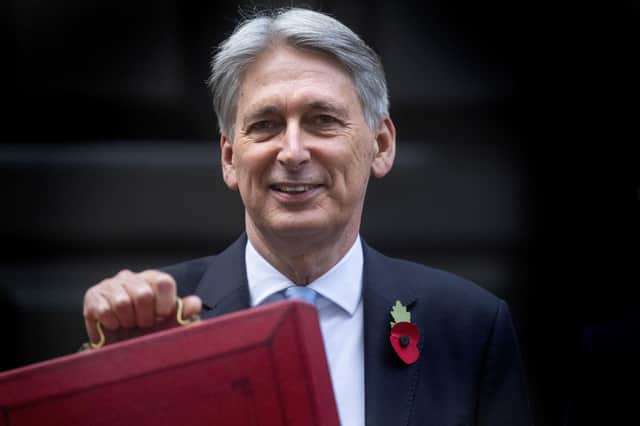Time for answers on funding Covid recovery - Scotsman comment


The move has attracted criticism from across the political spectrum, with former Chancellor Lord Hammond yesterday becoming the latest high-profile Conservative to speak out against the manifesto-breaking move on the grounds that it will disproportionately affect younger and lower-paid workers.
Another former Tory chancellor, Lord Clarke, said National Insurance was “too heavily weighted on the lower paid”.
Advertisement
Hide AdAdvertisement
Hide AdMeanwhile, former Conservative Prime Minister Sir John Major described the move as “regressive” and called for an increase in general taxation instead.
The SNP has added its voice to the chorus, with the party's Westminster leader Ian Blackford complaining the rise amounted to “a new Tory poll tax on Scottish families - who would be forced to pay for a crisis in England”.
But despite the SNP’s objections it is unlikely that extra revenue sent north – generated for Holyrood by the National Insurance rise through Barnett consequentials – will be sent back south to the Treasury.
And Scotland already enjoys a range of “free” services unavailable to people in England – including personal care for the elderly – thanks at least in part to an annual difference of almost £3,000 per capita between spending and generated revenue.
What then will the Scottish Government do with this money? First Minister Nicola Sturgeon should answer this question when she sets out her Programme for Government tomorrow.
Figures last week showed accident and emergency waiting-time performance in Scotland had reached a record low and health secretary Humza Yousaf yesterday warned the nation’s NHS is facing the “most significant” challenge in its history as a result of coronavirus.
Ms Sturgeon and Mr Blackford can object with good reason to the source of extra funding being directed towards Scotland while at the same time ensuring this money is spent effectively in countering the challenges facing the NHS and social care system caused by the pandemic.
Comments
Want to join the conversation? Please or to comment on this article.